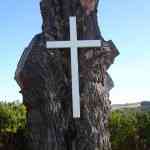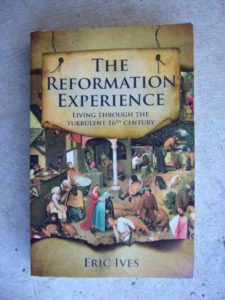HEARING OR READING?
I am reading that it is widely acknowledged that only 10 per cent is remembered from every sermon we hear by the time we leave the church or the meeting room.
I find that quite disturbing and I hope that I remember more than 10 per cent.
It seems that reading is better than hearing! Or writing is better than speaking!
It was encouraging today to find a tract from the NEW ZEALAND BIBLE SOCIETY in our letter box called “What’s Christmas really all about?”
Notes for this post gleaned from the “Free Online Encyclopedia.”
From Christmas 1966 until Christmas 1979 I worked in Thailand as a missionary, telling the people about the Lord Jesus Christ.
I live now in New Zealand in Kaitaia, and on our recent trip back from Kerikeri to Kaitaia we passed the Chang Siam Thai restaurant in Waipapa.
After coming back from the trip I opened one of our local papers (Northern News, December 5, 2012) and read about the celebration of Loi Krathong in the restaurant with many many people.
That reminded me of my time in Thailand.
Loi Krathong is held on the evening of the full moon of the 12th lunar month. That is October-November in the Western Calendar.
I used to live in TAK in Thailand for some time and the river was not very far. Little boats, made from banana-leaves or paper were launched on the river Bing and floated away. Inside the boat was a small coin, a lighted candle, a flower and joss sticks. The Thai word for to float is loi and the Thai word for bowl is Krathong.
One legend linked to the origin of Loi Krathong is to appease the Mother of Water. Thankfulness is expressed once a year and the sins of the past year are washed away. In the newspaper article mentioned earlier I am reading that people are floating their troubles away in the boats. Forgiveness is also asked for ways that were not thought out well. The coins in the boats are meant as tokens to ask forgiveness.
People in Thailand see the need to wash away their sins and the need to ask for forgiveness.
That’s why the missionaries are there to point them to the Lord Jesus Christ. When John saw Jesus coming toward him he said:
“LOOK, THE LAMB OF GOD, WHO TAKES AWAY THE SIN OF THE WORLD!”
 SERMON OUTLINE – NT – NIV
SERMON OUTLINE – NT – NIV


